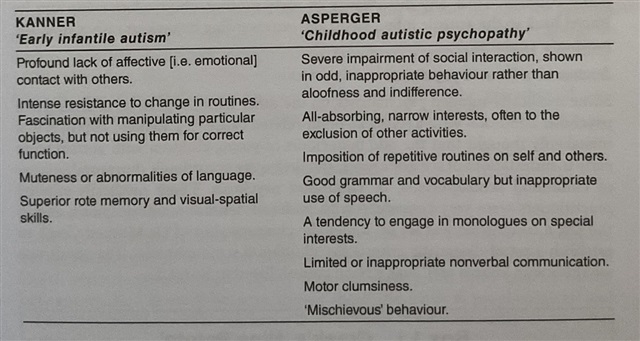Hello, first post but need some advice/help.
Going through the assessment and need to get my parents to complete the informant pre-assessment form but I am having a lot of stress trying to figure out how to tell them I'm going through this process and need them involved. I have a good relationship with them but I can only imagine them taking it badly if I don't get it right.
Do any notes or templates exist online that I could use? Or do you guys have any tips that made it easier if you involved your parents?




